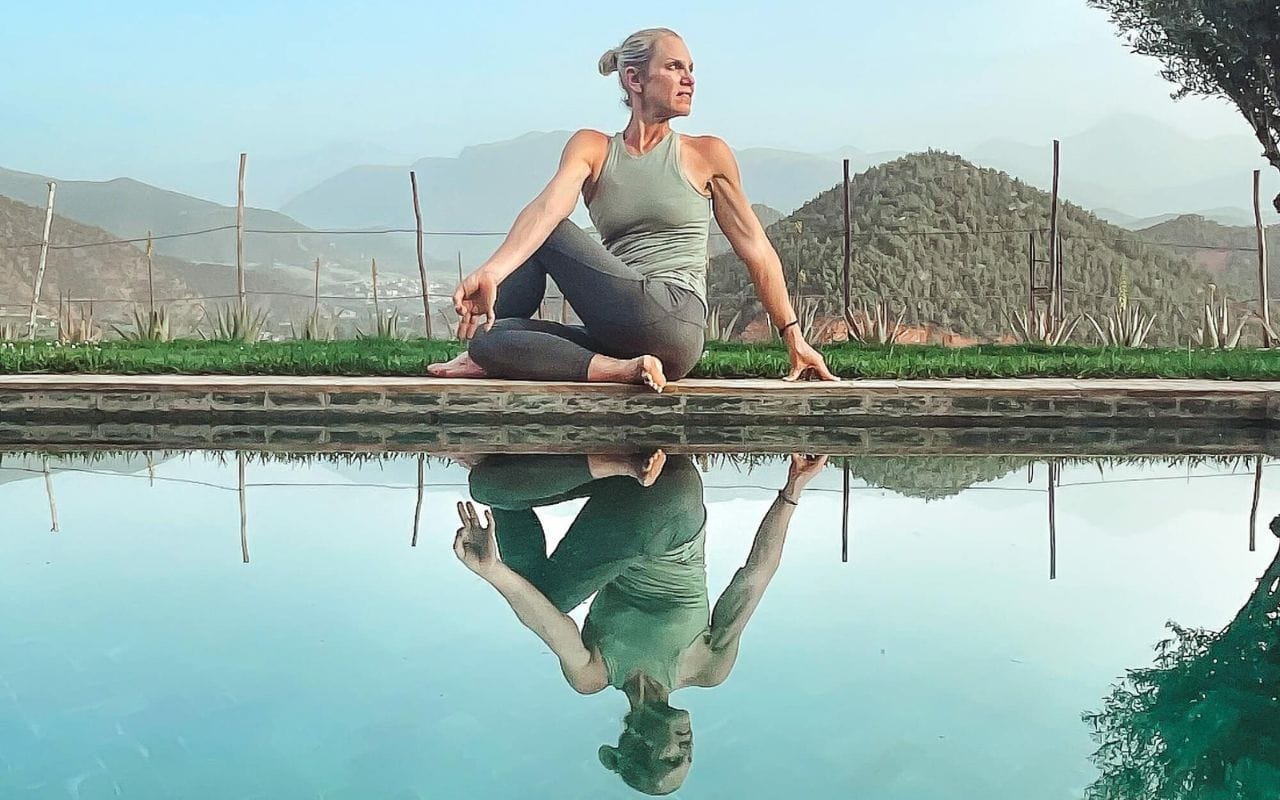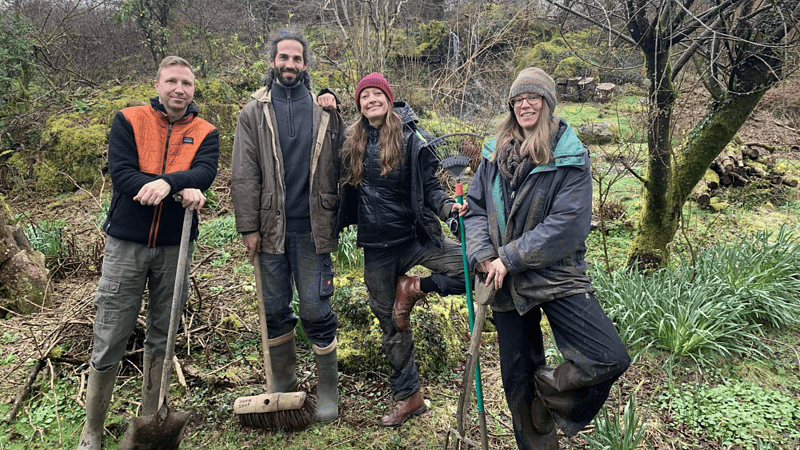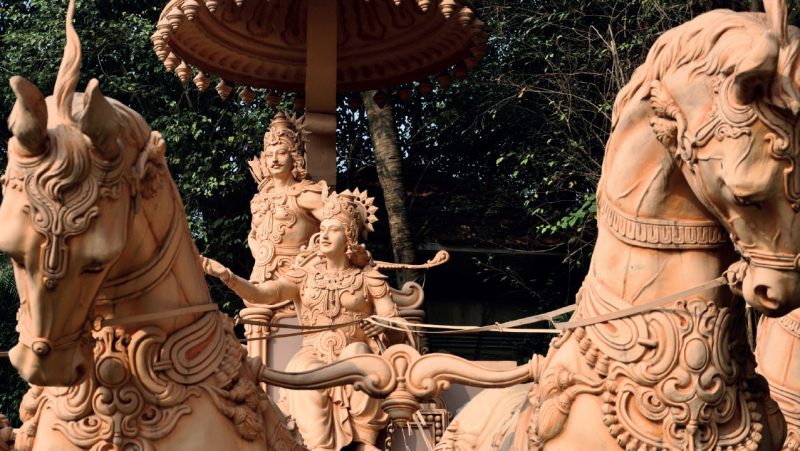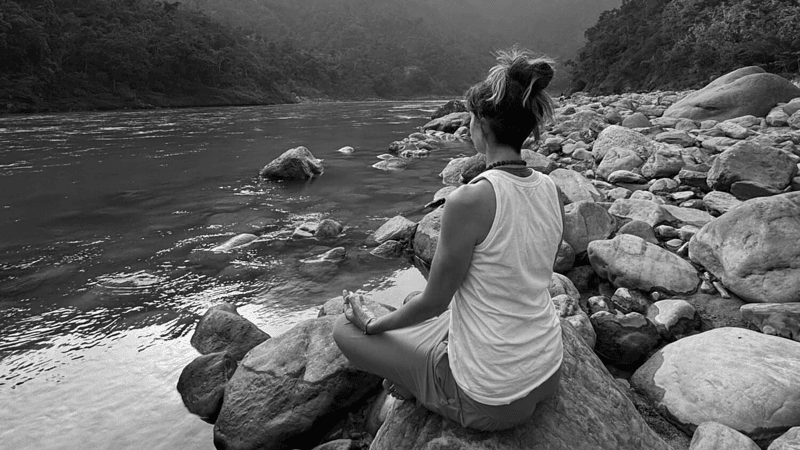
Yoga is a reflection
Exploring Abhyasa and Vairagya. By Andrea Marcum
Yoga is a reflection…
But it’s not instantly clear.
Abhyasa is a tenet in yoga philosophy that means consistent, uninterrupted practice over a long period of time.
Vairagya is its counterpart and means 'without expectation of a particular outcome'.
Found in the Bhagavad Gita as well as Patanjali’s Yoga Sutras: abhyasa (persevering practice) and vairagya (surrender) demand that we resist the trappings of instant gratification and expectation that modern society seems to promote. Together these help us not only to look at our asana (poses) and physical practice this way, but also the yoga of life.
In fact, we tend to think of the term 'asana' as only the postures and assume it to involve physical prowess or flexibility, but it actually translates as “comfortable seat.” Comfortable seat is not only our physical stance – it means being comfortable sitting with ourselves psychologically too. I find this to be the juiciest, hardest and most fruitful part of the equation.
In other words, our mat is a reflection too, and a reminder that how we do one thing is how we do everything.
Sometimes the reflection is blurry and frustrating, like a wobble or a fall out of a pose. But as we continue to practice, consistently over time, we see the beauty in the blur; how the wobble is the win, how imperfection is perfect, how not having the burden of expectation allows for something even better to appear – something we weren’t able to see before.
At a time when so much is immediate: ordering online, flipping a light switch, Googling, scrolling, DM-ing, streaming, texting, Siri, Alexa… the expectation for everything to happen in a split-second, exactly as we want it to, can be misleading.
The fundamentally important things: relationships, parenting, partnerships, ideating, contemplating, growing a career, a business, a balanced and fulfilling life, require abhyasa (showing up consistently) and vairagya (surrendering to insights more expansive than Siri or Alexa can help us with).
Bengali Nobel laureate Rabindranath Tagore said, “The greed for the fruit misses the flower.” Our yoga poses affirm that change and improvement are going to be a bit scrappy – just the trials of trying to remain and breathe in a simple posture reveal that often things are not going to be as easy as we’d planned... But they just might turn out even better that way.
I bet there’s something in your life that has taken (or is still taking) a long time – but the work you’ve put into it makes it that much more meaningful. My example is my book, Close to Om. It took me a decade of rejections, restarts and rewrites before I finally crossed the publishing finish line. Not one bit of it was easy, but I showed up every morning at 4am (abhyasa) and kept going without asking my agent what I should expect (vairagya). In the end, I’m grateful it took the time it needed to be better – the experience made me better too.
Yoga, like life, is a process and a practice – not a post or a performance. Using asana to sit with ourselves in an ongoing way over time becomes a self-realization goldmine. It reminds us that it’s more rewarding to do the work than it is to avoid it.
Balance and progress are not an isolated pose, they are part of a larger personal pilgrimage (sadhana). When we look at things through a wider lens, we can see every fumble, challenge and fall as an opportunity to grow. Each time we glean a little bit more wisdom to bring to our next sun salutation, handstand or adventure.
Yoga is a reflection.
The reflection is our evolution.







